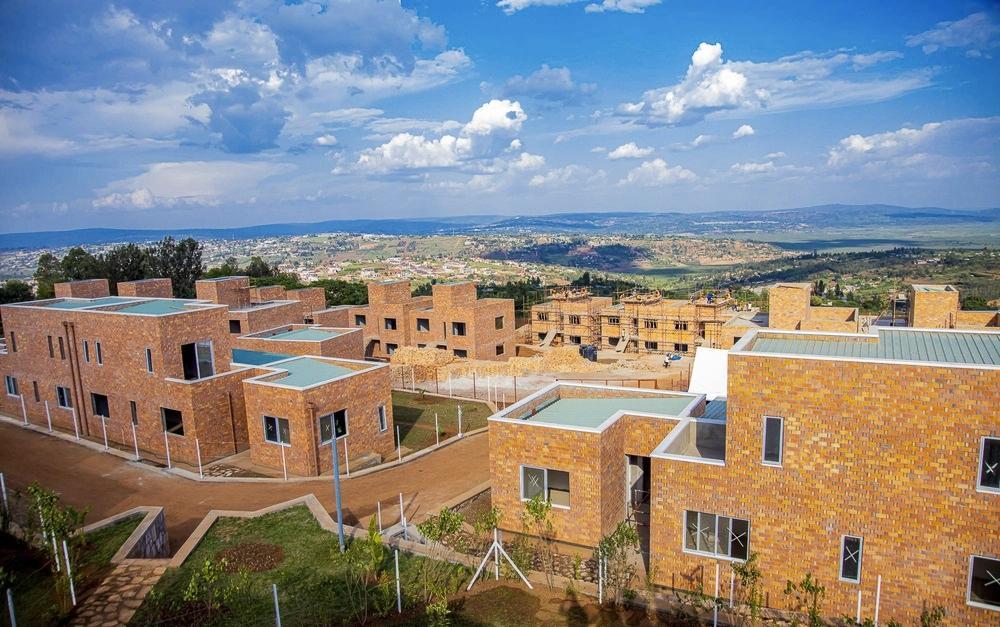Africa-Press – Rwanda. The announcement last week by the Kigali City mayor that over 4,000 illegally built houses have been identified in Kigali within just 10 months following the deployment of a satellite monitoring system highlights both the promise and the limits of technology in urban governance.
While this digital surveillance is a significant step forward, it also underscores a critical truth: smart cities are not built by machines alone.
Kigali’s adoption of satellite-enabled monitoring to curb illegal settlement reflects a commendable commitment to innovation and order. This technology allows city authorities to detect unauthorised construction swiftly, ensuring that urban development aligns with established plans and regulations.
Such tools are indispensable in a rapidly growing city where manual oversight can be overwhelmed by the pace of change.
However, technology is only as effective as the human systems that support it. Detecting illegal structures is one thing; preventing them requires a deeper, more nuanced approach. This is where human engagement becomes paramount.
Residents must understand the importance of adhering to construction regulations—not just to avoid resultant penalties, but to contribute to a safe, organised, and sustainable city. This understanding cannot be instilled by satellites or algorithms; it requires continuous dialogue between authorities and the community.
Public education campaigns, community meetings, and accessible information about building codes and permit processes are essential tools in fostering this understanding.
Moreover, authorities must be proactive in engaging with citizens, especially in areas where informal construction is prevalent. By involving communities in the planning process and addressing their needs and concerns, the city can build trust and encourage compliance with regulations.
In essence, while smart technologies like satellite monitoring are valuable, they must be complemented by smart governance that prioritizes human connection and community involvement. Only by combining technological innovation with empathetic, transparent, and inclusive policies can Kigali ensure that its urban development is both orderly and equitable.
As Kigali continues to evolve, let us remember that the foundation of a truly smart city lies not just in its infrastructure, but in the active participation and cooperation of its citizens.
Source: The New Times
For More News And Analysis About Rwanda Follow Africa-Press






